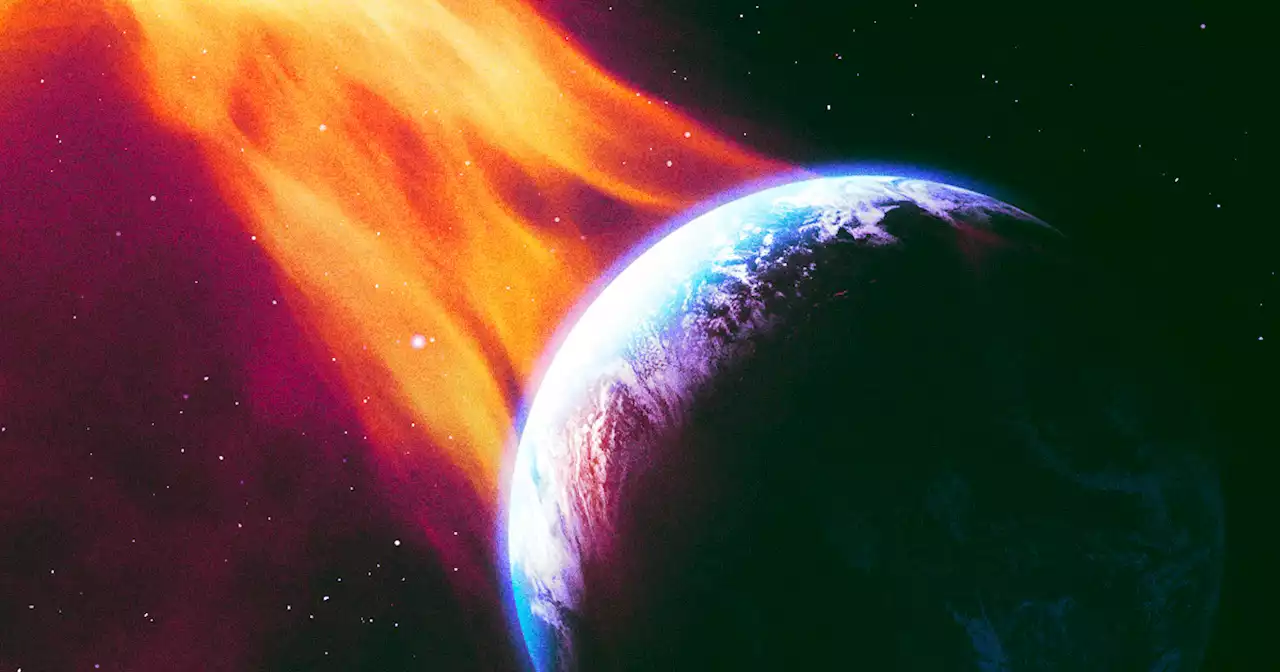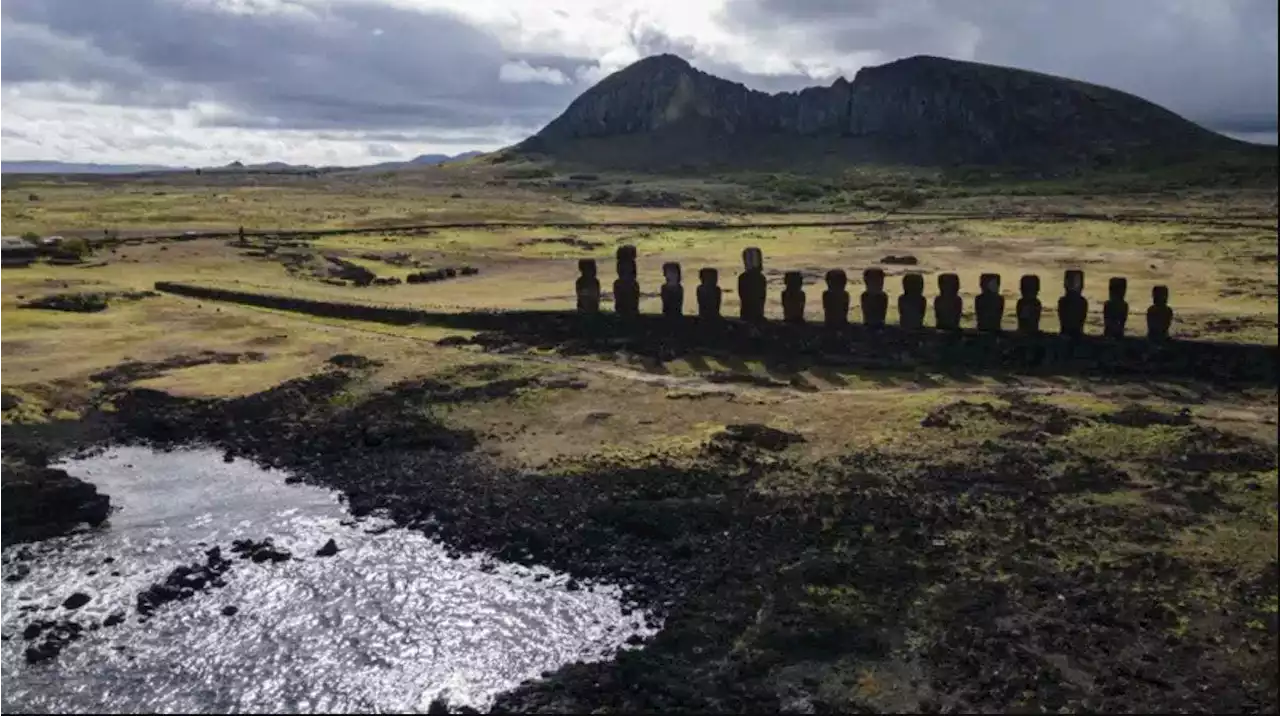Scientists are racing to perfect new battery chemistries for electric vehicles that don’t lose as much energy in cold weather as today’s lithium-ion systems.
Alaska’s rugged and frigid interior, where it can get as cold as minus 50 Fahrenheit , is not the place you’d expect to find an electric school bus.
So longer trips can be difficult in the coldest weather. Transit authorities like Chicago’s, which has pledged to convert its whole bus fleet to electricity by 2040, have to take extraordinary steps to keep electric buses charged and on schedule. In the coldest weather, 0 down to minus 10 F the electric bus costs roughly $1.15 per mile, versus 40 cents per mile for a diesel bus, Blackard said. The cost of the electric bus drops to about 90 cents a mile when it’s warm, but he says the costs make it unworkable and he wouldn’t buy another one.
Some owners, though, didn’t anticipate such a big decline in the winter. Rushit Bhimani, who lives in a northern suburb of Detroit, said he sees about 30% lower range in his Tesla Model Y when the weather gets cold, from what’s supposed to be 330 miles per charge to as low as 230. “They should clarify that one,” he said while charging just south of Ann Arbor on a trip to Chicago.
Temperatures ranged from just freezing to minus 2.2 F during the test, over mountains and along snow-covered roads. The cars were driven until they ran out of juice and stopped. Inside batteries, lithium ions flow through a liquid electrolyte, producing electricity. But they travel more slowly through the electrolyte when it gets cold and don’t release as much energy. The same happens in reverse, slowing down charging.
United States Latest News, United States Headlines
Similar News:You can also read news stories similar to this one that we have collected from other news sources.
 Global Warming Is Worse Than We Thought, AI Tells ScientistsThe global warming threshold of 1.5 degree Celsius may be a foregone conclusion, according to a new study that trained an AI on climate models.
Global Warming Is Worse Than We Thought, AI Tells ScientistsThe global warming threshold of 1.5 degree Celsius may be a foregone conclusion, according to a new study that trained an AI on climate models.
Read more »
 Scientists discover new Easter Island moai statue in dry lake bedScientists have found a previously undiscovered moai, monolithic human figures carved by the Rapa Nui people on Easter Island, in a dry lake bed.
Scientists discover new Easter Island moai statue in dry lake bedScientists have found a previously undiscovered moai, monolithic human figures carved by the Rapa Nui people on Easter Island, in a dry lake bed.
Read more »
 Alzheimer’s Breakthrough As Scientists Link NAD+ Supplements to Reduced Biomarkers in the BrainFor the first time, a researcher at the University of Delaware College of Health Sciences in collaboration with a team at the National Institute on Aging, a division of the National Institutes of Health, has determined that the naturally occurring dietary supplement, nicotinamide riboside (NR), can
Alzheimer’s Breakthrough As Scientists Link NAD+ Supplements to Reduced Biomarkers in the BrainFor the first time, a researcher at the University of Delaware College of Health Sciences in collaboration with a team at the National Institute on Aging, a division of the National Institutes of Health, has determined that the naturally occurring dietary supplement, nicotinamide riboside (NR), can
Read more »
 Mad ScientistsNowhere is the lab-leak debate more personal than among the experts investigating the origins of COVID.
Mad ScientistsNowhere is the lab-leak debate more personal than among the experts investigating the origins of COVID.
Read more »
 Scientists Unveil Plan to Mount Cannons on the Moon to Fight Climate ChangeA team of astrophysicists is suggesting we could protect the Earth from global warming by shooting lunar dust into space to shade the Earth from sunlight.
Scientists Unveil Plan to Mount Cannons on the Moon to Fight Climate ChangeA team of astrophysicists is suggesting we could protect the Earth from global warming by shooting lunar dust into space to shade the Earth from sunlight.
Read more »
Funding woes force 500 Women Scientists to scale back operationsThe 7-year-old nonprofit organization 500 Women Scientists, which works to improve inclusion and diversity in STEM and medicine, has let its paid staff go and will run as a volunteer effort.
Read more »
